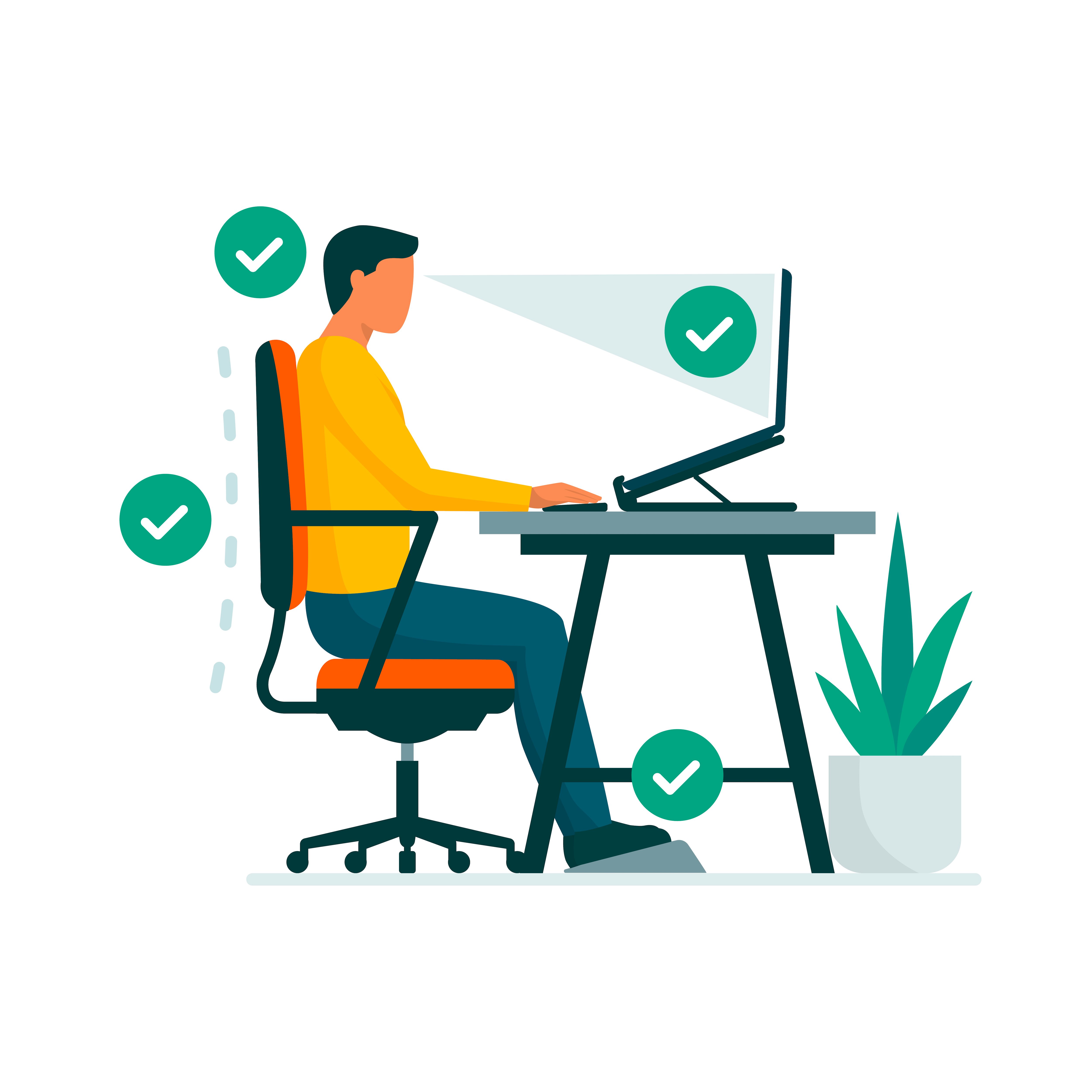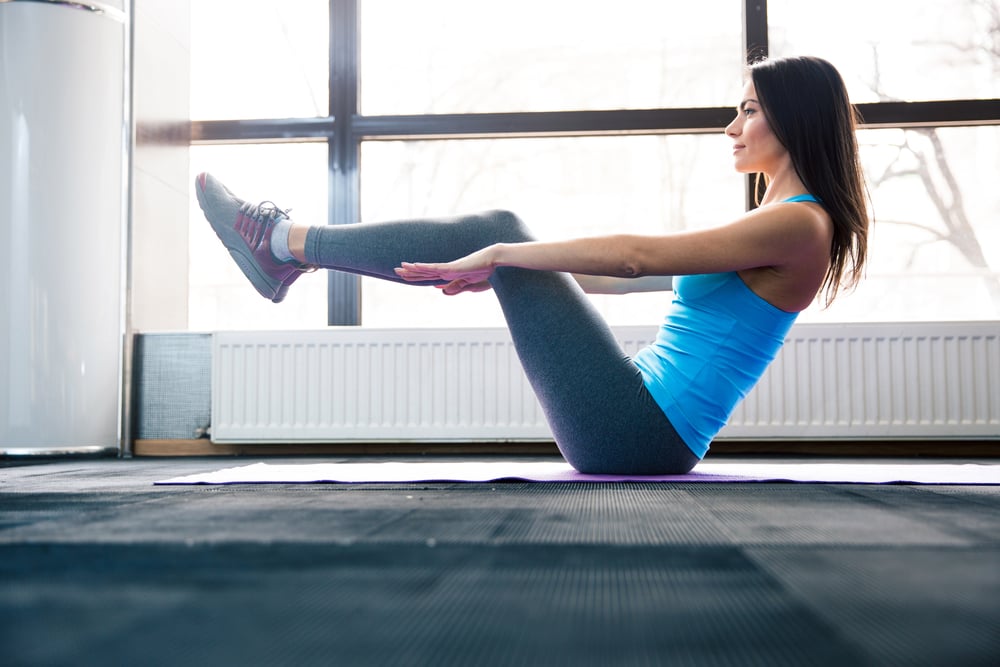Our posture is not usually on the forefront of our minds. Often we might find ourselves so consumed with our work, we blink and realize that we're hunched over our keyboard or bending our neck low to read messages on our phone. It's not healthy in the long run. As we age, all sorts of new aches and pains wait in the wings to greet us--and many unpleasant symptoms can be caused by bad posture.
Posture is especially important for a lawyer, who must project confidence in and out of the courtroom. Little changes can go a long way. Here are 6 tips that will guide you to perfect posture, which will have a positive influence on both your health and career!
While we're on the topic of taking strides for a healthier life--be sure to join us on Friday for "Medical School for Lawyers: Into the Anatomy Lab." This exciting, award-winning course is a once-in-a-lifetime opportunity to don scrubs and gloves and study the human body the way med students do! Join fellow students, professors, and anatomists in Temple University's state of the art Medical School for fast-paced multi-media lectures in the morning and an unforgettable afternoon in the anatomy lab. Register before it's too late!

Know the basics. Our posture is always with us whether we're standing, sitting, or lying down. It's the practice of keeping your body in a healthy alignment and positioning.
Let's kick this off with a rapid-fire laundry list of what perfect posture is, particularly when sitting at your desk. Of course, you'll want to sit up straight in your chair. Keep your stomach tucked in. Don't let your shoulders roll forward or cave in. No hunching over your keyboard or leaning to one side. The goal is to distribute your body weight evenly so keep your feet flat on the ground and resist crossing your legs.
Practice awareness. Perfect posture is a very difficult thing to master and it's incredibly easy to slip into more comfortable positions. You must stay conscious of your posture and turn it into a habit. Leave reminders around your workstation or set alarms on your phone. Do whatever you need to increase your awareness so you can correct your posture. Eventually, it will become easier!

Create an ergonomic workstation. Now that you know the basics, it's time to make your environment work for you! We spend hours upon hours sitting at our desks and staring at a screen. Staying in one position for too long can leave us with all sorts of pain and discomfort. Fight back against that with ergonomics--equipment that is comfortable and effective for those utilizing it.
Invest in an ergonomic chair with lumbar support, a spacious keyboard that will leave your wrists and shoulders happy, or an adjustable desk that you can bring up to standing position. A mouse that fits your hand and a mouse pad with a wrist rest can be a complete game changer if you suffer from the effects of carpal tunnel syndrome. There are also platforms you can place your monitors on, to keep them at eye level. This will prevent you from having to crane your neck to look down.
It's best to keep your knees straight, in alignment with your hips. A small footrest under your desk could help you out. Or if you really struggle to keep your feet flat on the ground, you can set up a little bench or foot hammock might help you out.
Finally, if it's not up to you to purchase a new chair, there are wonderful ergonomic back rests that you can attach to your chair and completely turn your work life around.
For more ideas, check out this article from the NY Times!
Get up and move. Exercise strengthens our body and keeps it loose. Try to step away from your desk every so often and do some simple stretches, focusing on your back, neck, and shoulders. If you'd like to take it a step further, give yoga or pilates a try! They can help build the muscles in your core, which will offer support to the rest of your body and aid in your pursuit of perfect posture.
Exercise can also assist in burning away unwanted fat. Extra pounds can add a lot of stress to our body. There are all sorts of ways you can get your body moving. Choose a workout that works for you!
Too busy to step away from your computer? Sneak in this 6-minute session of yoga to do at your desk!

Sleeping position matters. Yes, we mentioned before that the best sleep position is the one that allows you to get the most restful night's sleep...but your back and neck may not always agree. The best sleep position for back pain is on your back with a bolster underneath your knees to help straighten out the spine. Sleeping on your side with a pillow between your knees is another option. Don't forget that you should be using a firm pillow and a supportive mattress that works best for you!
A solid night's rest will leave you pain-free and perfect-posture-ready.
Comfortable shoes are a must. You may not think of your feet when considering your posture. However, everything in our body is connected. What shoes you wear can alter the shape of your spine, especially high heels! The best shoes for posture are flat and comfortable. Believe it or not, there are ergonomic shoes designed to provide stability to your feet, legs, and back!

We hope these tips will assist in helping you make strides toward a happier, healthier you!


COMMENTS